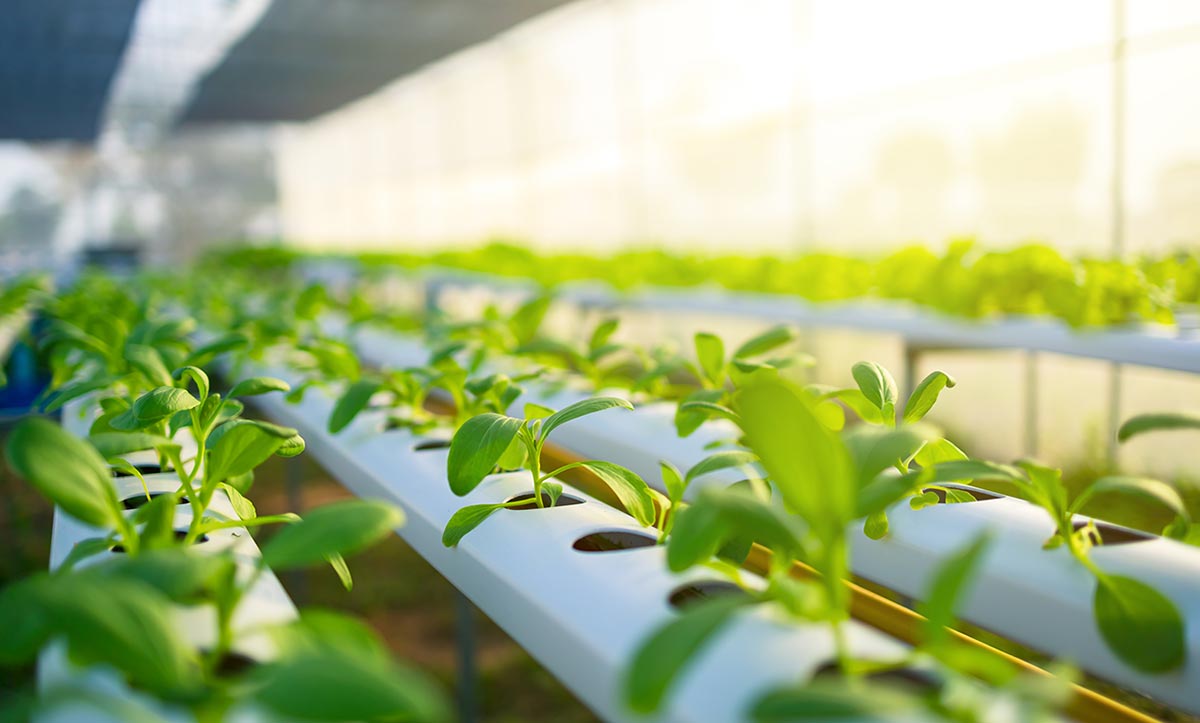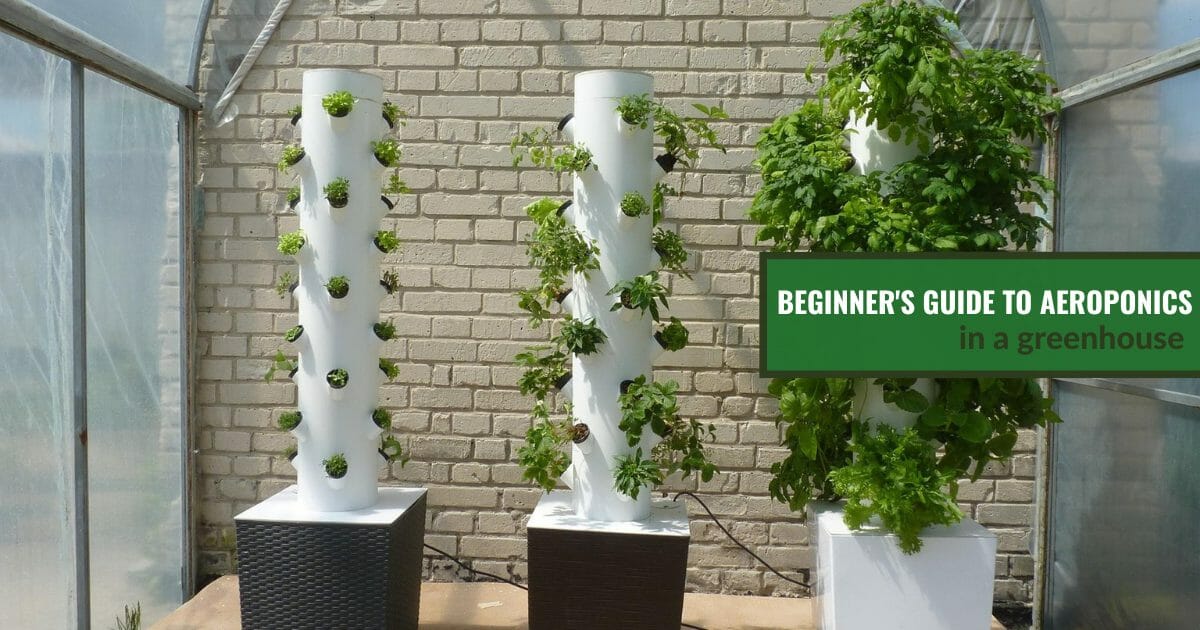Horticulture is the science and practice of garden cultivation and management. It encompasses a wide range of plant cultivation and management practices, including fruit, vegetable, and ornamental plant cultivation.
Key Areas of Horticulture:
- Pomology: The science of cultivating fruits and nuts.
- Olericulture: The science of vegetable cultivation.
- Floriculture: The science of cultivating ornamental plants, especially flowers.
- Landscape Horticulture: The design, construction, and maintenance of outdoor spaces.
- Urban Horticulture: The practice of gardening in urban areas, such as rooftop gardens and community gardens.
- Greenhouse and Nursery Management: The cultivation of plants in controlled environments.
Importance of Horticulture:
- Food Security: Horticulture plays a crucial role in ensuring food security by providing fresh fruits and vegetables.
- Economic Impact: The horticultural industry contributes significantly to the global economy, providing employment opportunities and generating revenue.
- Environmental Benefits: Horticulture practices can help conserve soil, water, and biodiversity.
- Aesthetic Value: Gardens and landscapes enhance the beauty of our surroundings and improve our quality of life.
- Mental Health: Gardening has been shown to reduce stress, anxiety, and depression.
Modern Trends in Horticulture:
- Sustainable Horticulture: Practices that minimize environmental impact and promote sustainability.
- Hydroponics and Aeroponics: Growing plants without soil, using nutrient-rich water solutions.
- Vertical Farming: Cultivating plants in vertically stacked layers to maximize space efficiency.
- Precision Agriculture: Using technology to optimize plant growth and resource use.
By understanding and applying horticultural principles, we can create beautiful and productive gardens that benefit both people and the planet.



